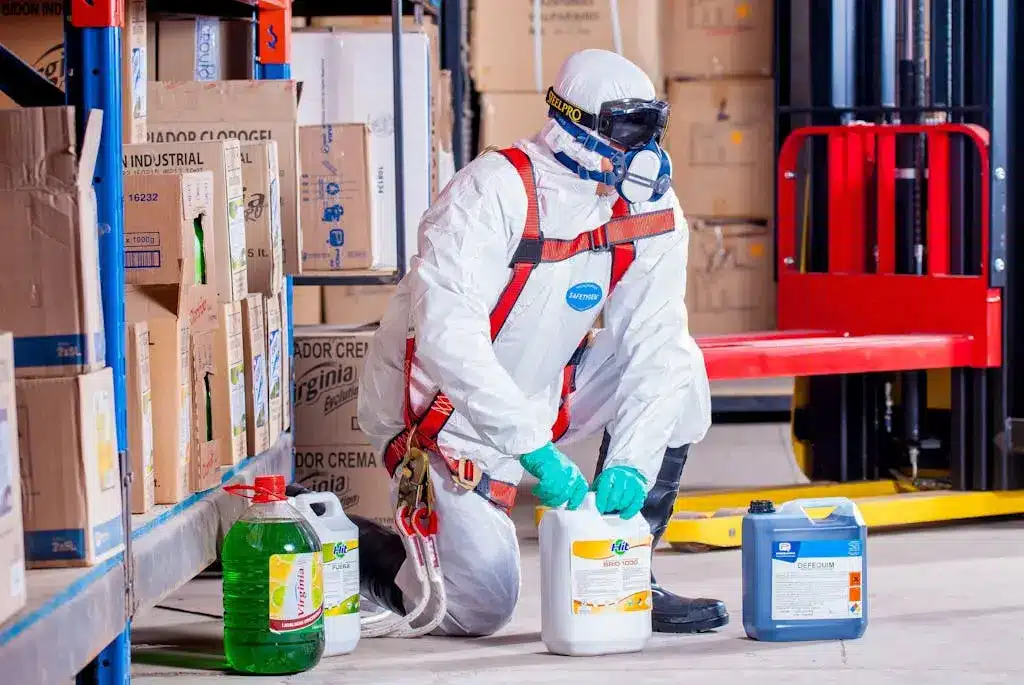Last Updated on 4 September 2025 by Rebecca Young
Why is carbon monoxide dangerous and how you can avoid the dangers of carbon monoxide poisoning in the workplace
Carbon monoxide (CO) can leak from badly fitted or poorly maintained gas appliances. It is a colourless, odourless, tasteless, toxic gas produced by incomplete burning of carbon-based fuels, including gas, oil, wood and coal.
What happens when CO enters the body?
When CO enters the body, it prevents the blood from bringing oxygen to cells, tissues, and organs. It is highly poisonous gas and extremely dangerous as you cannot see it, taste it or smell it but it can kill quickly and with no warning. It can also cause serious long-term health problems such as heart conditions and affect an unborn child.
What measures can businesses take to reduce the dangers of carbon monoxide?
Pipework, appliances and flues must be maintained in a safe condition and in accordance with the manufacturer’s instructions. If these are not available, it is recommended that they are serviced annually unless advised otherwise by a Gas Safe registered engineer.
Any damage or signs of corrosion, such as rusting or green discolouration on copper pipework must be checked. Ensure copies of gas safety check documentation are kept and filed. (For tenanted domestic properties the landlord must supply the tenant with a copy of the gas safety record and keep the record until two further checks have been carried out.)
If the dangers of carbon monoxide in the workplace aren’t taken seriously, this is an offence that the employer is liable for
It is an offence for any person to undertake work on a gas appliance or fitting unless they are trained and competent to do so and it is an offence for their employer to allow such work to take place. Those who undertake work on gas equipment and fittings (other than industrial process plant) also have to be Gas Safe Registered.
Gas Safe Register works to protect the public from unsafe gas work through:
- A dedicated national investigations team tracking down individuals working illegally
- Regular inspections of gas safe registered engineers
- Educating consumers and raising awareness of gas safety investigating reports of unsafe gas work.
The Gas Safe Register also recommends the use of audible carbon monoxide alarms where gas appliances are used. Such alarms should be marked to BS EN 50291-1:2018 and also have the British Standards’ Kitemark or another European approval organisation’s mark on it. CO alarms can have a battery life of up to five years and this needs to be verified along with the best sites to locate them in the premises before any installation is undertaken.
Related Blogs








